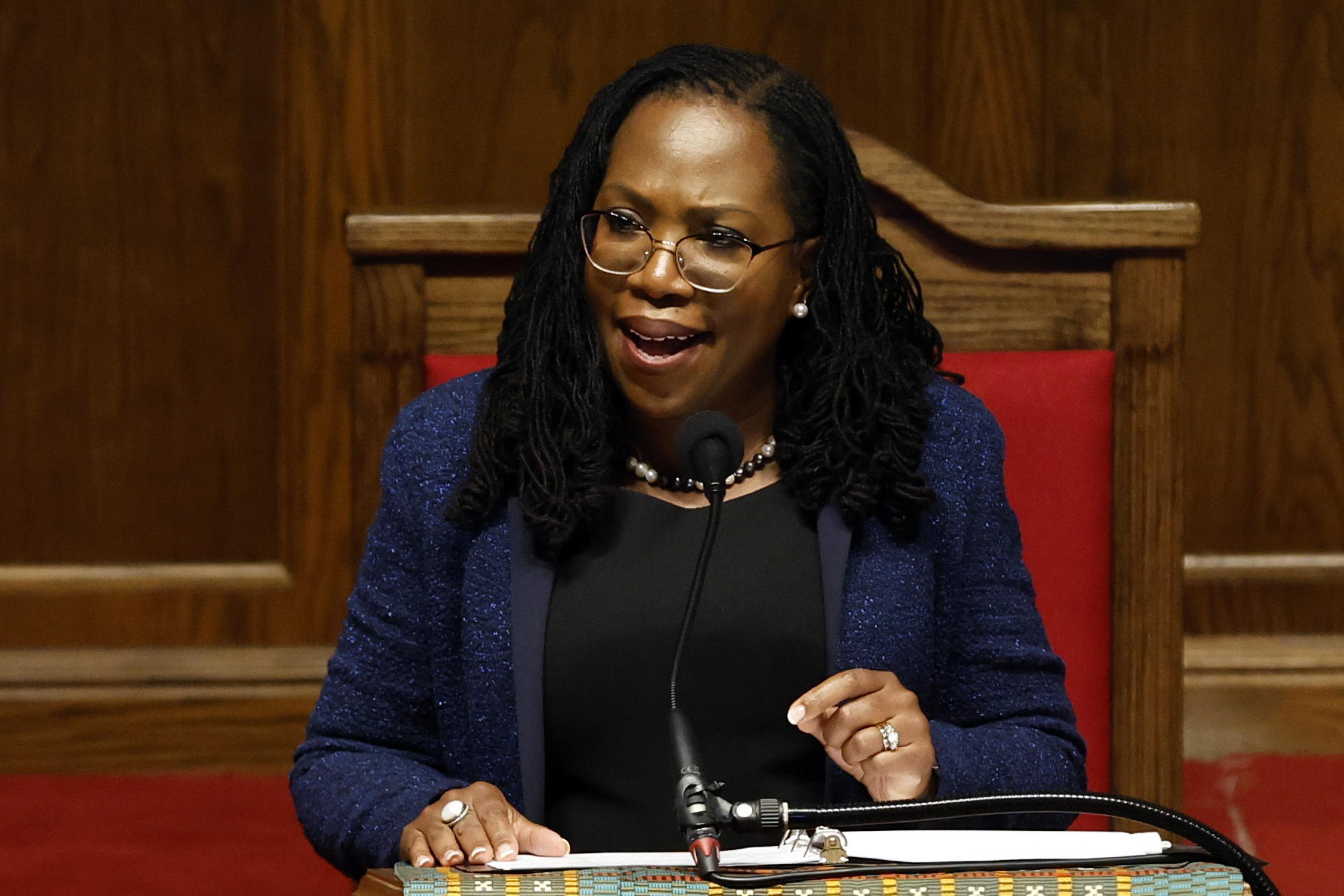Key takeaways:
- The Supreme Court declined to revive the district court hearing to craft a new Louisiana congressional map.
- Justice Ketanji Brown Jackson clarified that the lower court’s role in overseeing the drawing of a new map was merely delayed.
- The Supreme Court’s decision not to intervene in the case has left civil rights groups disappointed.
The Supreme Court on Thursday declined to revive a district court hearing to craft a new Louisiana congressional map that the Fifth Circuit Court of Appeals had canceled in late September. The decision comes in a closely watched racial gerrymandering case, in which civil rights groups had challenged the Republican-drawn map used in the 2022 election that they say shortchanged Black voters.
Justice Ketanji Brown Jackson wrote in concurrence to clarify that the Supreme Court was not greenlighting the Fifth Circuit’s interference in the case. She noted that the lower court’s role in overseeing the drawing of a new map was merely delayed and that the process should be completed in time for the 2024 election. She also said that she understood the Fifth Circuit’s canceling of the hearing to be solely in service of giving the Louisiana legislature time to consider alternative maps.
The Supreme Court’s decision not to summarily reverse the Fifth Circuit was seen by experts as a way to avoid endorsing the practice of issuing an extraordinary writ of mandamus in similar cases. The decision also means that the current map used in the 2022 election will remain in place until the new map is drawn.
The Supreme Court’s decision not to intervene in the case has left civil rights groups disappointed, as they had hoped that the court would allow the district court to move forward with plans to oversee the drawing of a new map. The groups are now calling on the Louisiana legislature to act quickly to draw a new map that better reflects the state’s population.



Be First to Comment